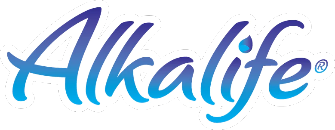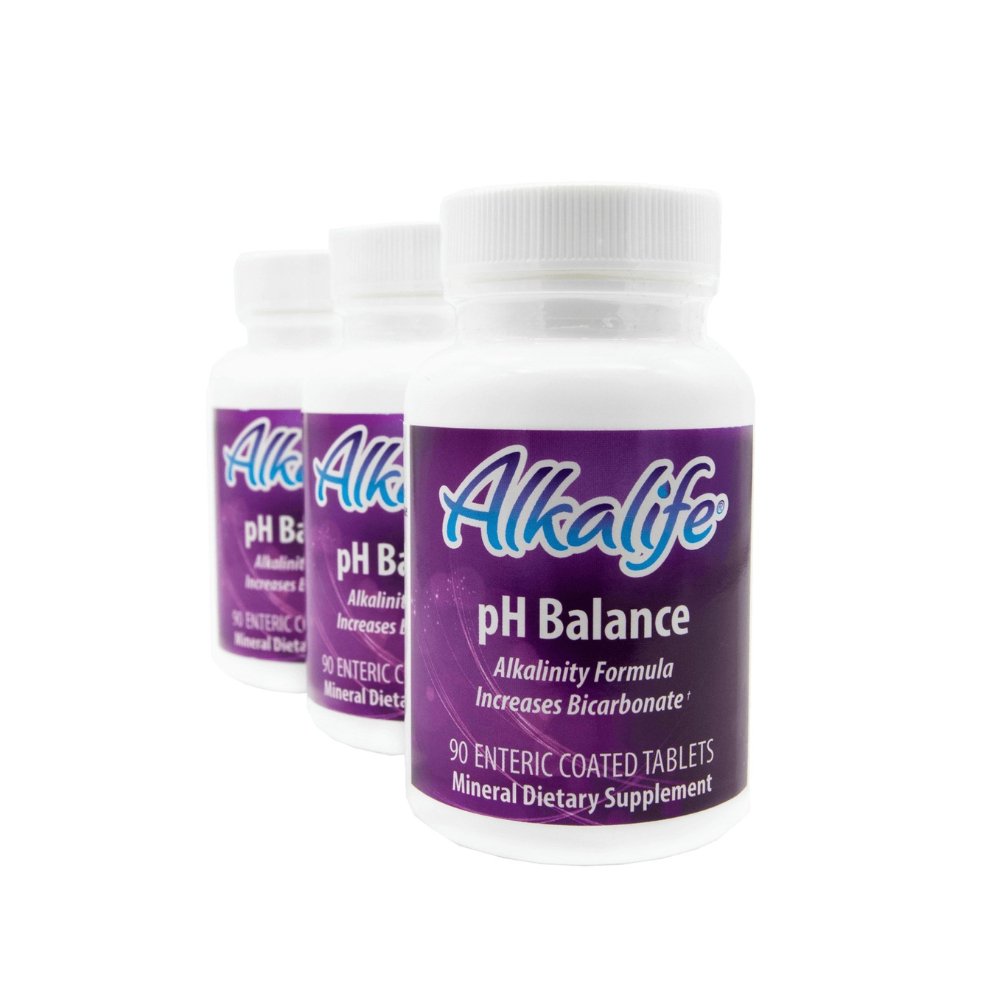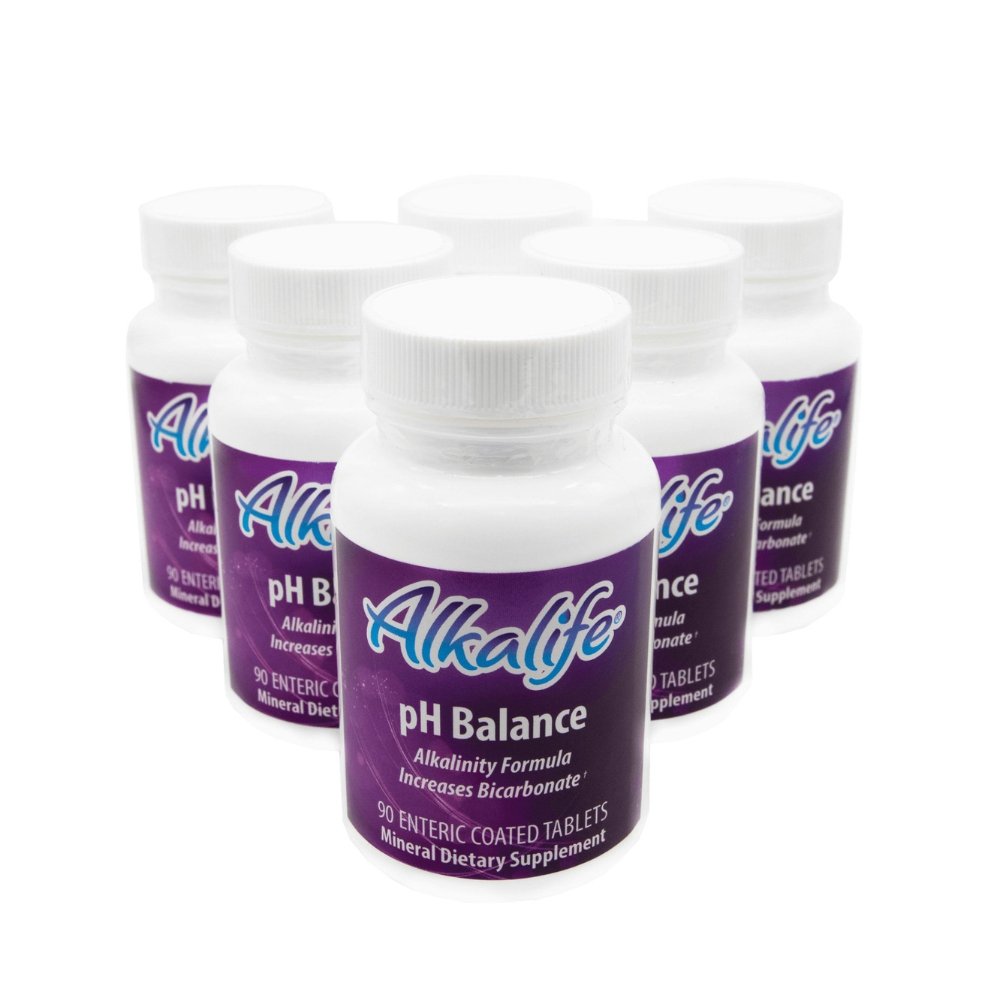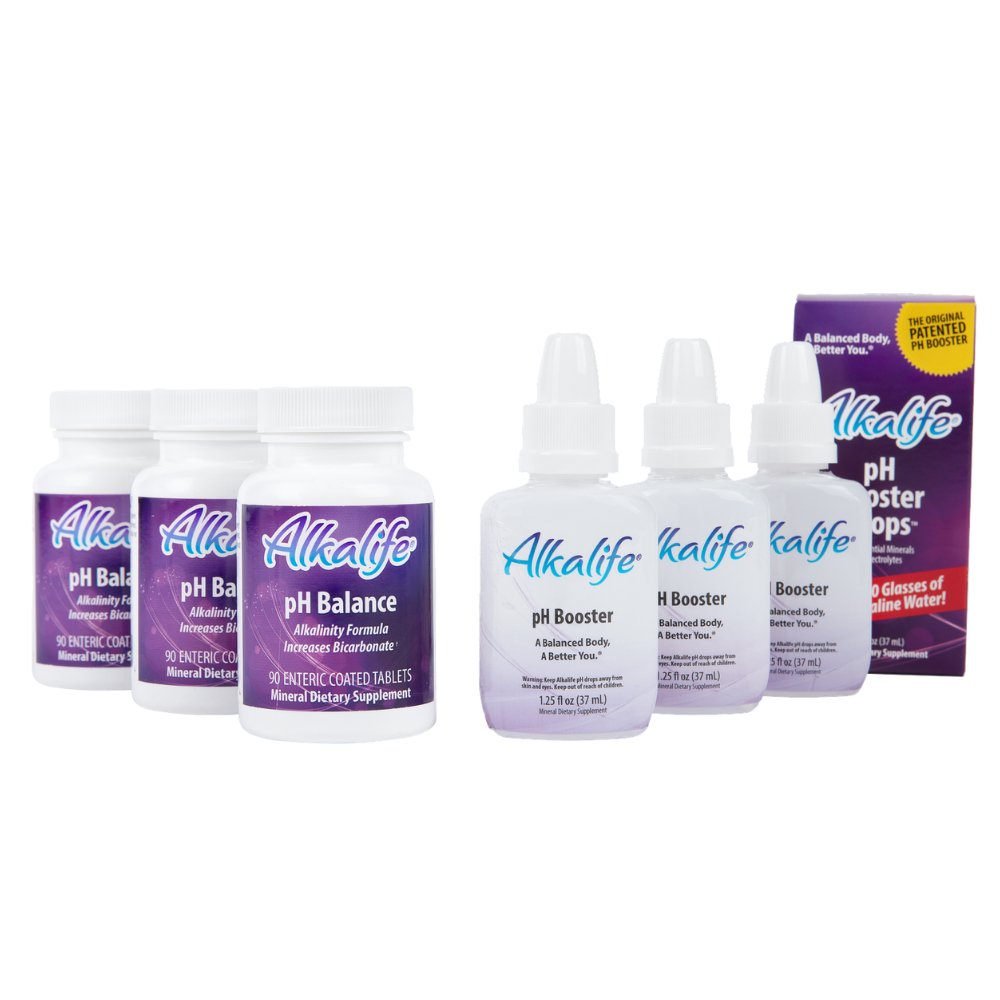Free US Shipping $49+ | 60 Day Money Back Guarantee
Free US Shipping $49+ | 60 Day Money Back Guarantee
The Secret to Improved Productivity Working From Home
July 26, 2022 11 min read

Most people find the daily commute from home to the office tiresome and time-consuming. In fact, many employees seem to be willing to take pay cuts or change jobs if it would allow them to shorten their daily travel time or avoid it altogether. So, it comes as no surprise that when the pandemic struck and businesses were forced into making work-from-home arrangements, a large number of employees welcomed it.
But contrary to popular perception, working from home is no walk in the park. The risk of increased stress, health issues, depression, low productivity, and burnout remains whether you work from a cubicle in the office or from your bedroom. And despite the receding virus threat, it seems that this new trend of working remotely is here to stay in varying degrees for different industries.
In this post, we will explore the current status of work-from-home arrangements in the corporate world and the myriad challenges faced by employees in a home office. Most importantly, we will address the role of nootropics in improving employee productivity when you are working from home.*
Current Trends in Work from Home
Industry observers across the board are near-unanimous in their verdict about remote work – it is here for the long haul. The first official guidelines for employees working from home were developed way back in the year 2000.
Based on this, it took two decades and an unprecedented pandemic to make remote work mainstream. In one fell swoop, the Covid crisis forced most enterprises across the globe to either shut down temporarily or get accustomed to employees logging in for work remotely.
Naturally, sectors like IT, software development, data science, design, accounting, and financial services are more conducive for work from home. A study by economists at the University of Chicago estimated that nearly 37% of all jobs in the US could be handled by remote workers.
Our post-pandemic experiences confirm those numbers. Even as most employers would prefer a return to the traditional office environment, employees feel otherwise. A whopping 52% are willing to switch jobs if it would allow them to get into remote working, either fully or in a hybrid arrangement.
Apparently, some employers are also listening to the popular sentiments. Even as vaccines make it possible for offices to return to normalcy, many corporations are starting to offer remote work and other flexible work arrangements to office workers.
Bureau of Labor Statistics indicates that more than a quarter of all US jobs will be handled remotely in the coming years. With major companies like Apple, Microsoft, Google, Ford, and Salesforce all offering remote/hybrid work arrangements, remote work is well and truly here to stay.
Common Work from Home Challenges that Affect Productivity
One thing remains constant whether you work from an office or your home – the daily output or productivity. From the employer’s side, there are plenty of challenges in ensuring a high level of productivity in remote work.
For instance, many employees working from home often lack the requisite IT equipment and network connectivity for remote work. They may also lack training/experience in the office software used in such situations. But since most of these factors are outside the control of the employee/remote worker, they fall outside the focus of this article.
Instead, we will look at the common labor productivity challenges from the employee’s perspective. They include the following:
Burnout and Stress
While working from home gives you a lot of flexibility in deciding your work hours, it can also lead to chronic overwork and exhaustion. One of the major advantages of an office setting is a strict 9-to-5 schedule. Firms may ask for paid overtime from workers, but there are reasonable limits on those.
When you work from home, you can often lose track of the time you spend at work. Many employers may even take advantage of the situation and ask more of their remote workers. Co-workers operating in virtual teams to meet tough project deadlines may also find it much harder to maintain a work-life balance.
Exhaustion and burnout can happen relatively quickly due to a combination of factors:
-
Poor time management
-
Excessively strict deadlines
-
Lack of a proper work-life division
This stress can lead to a vicious cycle that affects both your mental health and physical condition. With chronic stress, the brain will experience constantly high levels of a chemical called cortisol. A vital steroid hormone, it controls everything from our body clock to our moods, and major organs.
In moderate quantities, cortisol keeps our cardiac system, nervous system, digestive system, immune system, and respiratory system in proper working condition. But with chronic stress, the brain orders the adrenal glands to produce more cortisol, which can have the following effects:
-
High blood pressure and heart problems
-
Weight gain
-
High blood sugar and type 2 diabetes
-
Weak muscles and bones
Constant stress levels in the brain can also kill your neurons, which are irreplaceable. It also cripples our memory and makes us more susceptible to mental disorders like depression. With chronic stress, the very brain structure and chemistry are altered, leading to permanent changes and lasting damage to our memory.
Unhealthy Diet
Heavy workloads can often make remote workers skip entire meals, leading to nutrition challenges. Things can also swing just as easily in the opposite direction, with many workers reporting weight gains due to bingeing on snacks and fast food.
A fast-food diet is rich in trans fats and sugars encourages increased levels of inflammation in the body. The brain tries to counter inflammation by triggering the release of cortisol and other anti-inflammatory hormones/steroids, leading to the same effects mentioned in the previous section.
Low-quality diets can also directly affect the brain. Lack of omega-3 fatty acids, minerals, and Vitamins C, D, E, and B, all lead to memory trouble and cognitive decline in the long run. The combination of stress and binge eating could lead to accelerated aging of the brain.
Constant Distractions
Unless you live alone in an apartment, you will have to face plenty of distractions as a remote worker at home. This is amplified to the heavens if you have young kids in the household. Constant noises and conversations in the background can make holding a proper conversation or video calls with clients/colleagues also difficult, if not downright impossible.
Using other competing noises from music or radio podcasts can backfire, adding even more distractions to the fray. Then there is also the additional burden of dealing with sudden visitors, household accidents, and the demands of cooking meals, household chores, and spending time with family.
Poor focus and lack of motivation can also drive workers to seek different forms of entertainment during “work hours.” With streaming, video gaming, and social media, we all have instant access to other forms of distractions right at our fingertips.
Such distractions do not exist in the office space. Naturally, despite all the home comforts and the saved commuting time, remote work productivity may take a beating when compared to office work.
Loneliness and Depression
Say what you may about the traditional office, it is still a great place to socialize with other human beings. When you are confined to your home, the options are significantly reduced. Since we are all social animals, this can have a massive impact on our moods and work output.
Isolation can lead to feelings of loneliness and depression, with a massive impact on overall productivity. Apart from that, clinical depression can also negatively affect long-term brain health in the following drastic ways:
-
It leads to a faster shrinking of the brain
-
It causes higher levels of inflammation in the brain
-
It reduces the overall oxygen levels in the brain
Left unaddressed, these can lead to brain fog, memory loss, mood swings, and general cognitive decline. The neurons in the brain die off faster, leading to accelerated aging of the brain. Lack of oxygen also leads to poor decision-making, inability to focus on things, and memory issues.
Physical Inactivity
Spending more time indoors leads to a highly sedentary lifestyle. Many workers involved in remote work suffer from a chronic lack of exercise. With a regular commute to the office, we often give our bodies a workout without realizing it, by walking, running, and climbing stairs.
When cooped up indoors, this form of activity is missing. And due to stress, poor eating habits, and depression, it becomes even harder still to force ourselves into a healthier schedule. Even in normal circumstances, people find it hard to commit to a strict exercise regimen.
Adults need at least half an hour of moderate to heavy physical activity every day. Ensuring this is not easy when you are a remote worker swamped with deadlines, distractions, and a generally unhealthy mind.
Nootropic Supplements – The Game Changer in Remote Work Productivity
With dedicated planning and management, we can overcome most of the common health challenges associated with remote work and help boost productivity as well as employee satisfaction at the same time. These include the following steps:
-
Setting a strict daily schedule for work, with adequate breaks away from the screen
-
Follow a healthy diet with proteins, fibers, fresh vegetables, and fruits
-
Avoid sugars and fats and enforce a strict exercise regimen
-
Spend some time with family and friends each day to ward off loneliness
-
Keep a separate work area with proper ventilation and ergonomic seating
Moreover, all this is easier said than done, when the brain is already in a diminished state. Remember, our brains reach their peak performance by the early thirties. After that, it is all downhill with a gradual decline in cognitive function setting in.
While this can take years or decades to become prominent, an unhealthy lifestyle, stress, and poor nutrition can accelerate the age-related decline of the brain. Our growing dependence on digital screens also contributes to this decline.
With so many different stressors, you cannot rely on age-old practices of a healthy diet and exercise to maintain brain health and reduce the pace of age-related cognitive decline. This is where a new generation of health supplements called nootropics enter the field.
Nootropics are specially formulated health supplements that target memory loss, brain aging, cognitive decline, and stress.* They use a carefully curated mix of potent natural ingredients to bring positive changes to our brain chemistry.*
Since brain health is a prime concern for people of all ages, nootropics can benefit seniors, busy executives, students, and even athletes and sportspersons. And coming to our main focus in this article, these supplements can also help remote employees in the following ways:
Provide vital brain nutrients
You need a diet rich in proteins, vitamins, and healthy omega-3 fatty acids to maintain optimal brain health. But in modern diets, many of these essential ingredients are found to be lacking. For instance, vegan diets often contain a lower than recommended dose of Vitamin B12.
All the B vitamins play a critical role in brain health. They play a critical role in keeping the neurotransmitters in the brain healthy and active. B6 deficiency can also cause memory troubles and even dementia in extreme cases.
Healthy supplementation of Vitamin D12 is essential to reduce the risk of Alzheimer’s disease in later years.* Together, the B group of vitamins also helps prevent cognitive decline and regulate moods and energy levels in the brain.*
A properly formulated brain health supplement will contain generous doses of B vitamins. Alkalife® Brain Performance Plus™ is an excellent example, containing generous doses of Vitamin B6 and B12, along with magnesium, another vital nutrient for learning capacity and improved memory.*
If you struggle with maintaining a balanced and healthy diet during remote work, taking nootropic supplements like Brain Performance Plus™ may help fill the nutrient void and its negative impact on your brain and work productivity.*
Improve concentration, attention, and focus*
A flow state is a state of mind where we are fully focused on a particular task, employing our full brain capacity on it, and enjoying the whole process. It is also called “being in the zone.” Many of the core ingredients used in nootropic supplements have shown promise in encouraging the flow state in the brain.*
Acetylcholine is one of the primary chemicals in the body that keeps our brain and central nervous system in peak working condition. When the level of this vital compound is reduced, it is associated with a decline in alertness, memory, decision making, and even severe conditions like Dementia or Alzheimer’s Disease.
Alpha-Glyceryl-Phosphoryl-Choline (Alpha-GPC) is a natural compound derived from soy and sunflowers. Once consumed, it can deliver a significant amount of acetylcholine to the brain and central nervous system. Apart from combating Alzheimer’s and dementia, it may also provide increased focus and concentration.*
Along with Alpha-GPC, Alkalife® Brain Performance Plus™ also contains doses of phosphatidylserine (PS), a healthy fatty acid for improved concentration, memory, and learning abilities.* Acetyl L-Carnitine is an amino acid with a similar potential impact on the brain.*
Consuming a nootropic supplement that contains all these natural compounds could help you achieve and maintain flow states for longer periods of time.* This way, you could improve your productivity without working over-time.*
Reduce the impact of stress*
Healthy brain chemicals like Alpha-GPC and PS also have shown remarkable potential in reducing mental stress when taken as supplements.* As already explained, chronic stress causes physical damage to the brain, shrinking it and even killing neurons.
These substances prevent such side effects and help maintain neuroplasticity.* Natural plant extracts like beetroot and coffee berry contain stimulants that encourage the flow of blood to the brain. This ensures that the brain receives the maximum amount of oxygen vital for the survival of neurons.
L-theanine is another vital amino acid for brain health. It improves serotonin and dopamine levels in the brain. These are the main pleasure neurochemicals in our brain – at higher levels, they reduce stress and impart a sense of confidence and calmness.*
For extra anti-stress impact, Brain Performance Plus™ also contains extracts from plants like Ashwagandha and Rhodiola rosea root extract. The former has a key role to play in maintaining healthy cortisol levels for effective stress management.*
If you suffer from high levels of stress in a remote working situation, taking a nootropic supplement may help keep the stress levels under control without compromising on overall productivity.*
Delay the effects of aging on the brain*
Memory is often the first casualty in an aging brain. The effects usually start after the age of 35 and gradually increase in severity as we get along into our senior years. Whether you are working remotely or from a regular office setting, age-related memory decline should be a major concern for you.
Cognitive decline is yet another side effect of aging that can have serious consequences for remote work productivity. Forgetfulness and inability to make quick decisions can severely reduce your rate of completing vital tasks in a modern office.
Ingredients like Alpha-GPC, Phosphatidylserine, Acetyl-L-Carnitine, and Huperzine-A have all shown positive effects on memory and cognition in multiple clinical trials over the years.* Seniors with signs of memory trouble and cognitive decline may benefit from these substances.*
Encourage focus on exercise
Regular exercise is vital for overall health when you are involved in remote work. However, gathering the requisite levels of motivation and focus for it on a daily basis is a tough ask. Nootropics can help here through some of the key brain chemicals.*
Once again, Alpha GPC is the potential game-changer here. Choline provides both physical and mental boosts to the body’s key systems. It can provide increased strength, agility, and focus for high-level fitness performance.*
Positive mood levels can be maintained with the assistance of Acetyl-L-Carnitine, caffeine, and Bacopa monnieri.* Extracts from beetroot and Rhodiola rosea root extract improves circulation and heart health, which are again of vital importance for healthy and safe exercise.*
Get the Alkalizing Advantage from Alkalife®
The human body has an optimal pH level. For overall health and wellness, it is crucial to maintain these pH levels. The regular intake of alkaline water can help boost bodily health and prevent the oxidative effects of aging.*
Alkalife® is a wellness company focused primarily on delivering pH products – alkalizing drops and tablets that you can use to improve the pH levels of your drinking water for additional health benefits at a minimal cost.
The company has continued this focus on pH levels and alkalizing even as they ventured into the realm of nootropics. Their first product, the popular Brain Performance Plus™, is also enriched with the goodness of alkalizing minerals.
Along with other brain nutrients, the supplement also contains a healthy dose of natural sodium bicarbonate and potassium carbonate. The presence of these simple yet highly effective minerals are a game-changer for Brain Performance Plus™.
The alkalizing impact of the minerals boosts the body’s capability to absorb nutrients with increased efficiency. So, with each dose of the nootropic supplements from Alkalife®, you get more bio-available nutrients than competing brands.
Alkalife® (I corrected these throughout, but you need to use the superscript) is the first company in the nootropics industry to add high pH minerals to a brain-boosting supplement. The Alkalife® Brain Performance Plus™ is a trailblazer in this regard, with great potential for remote workers, students, athletes, and seniors alike.*
This expertly crafted nootropic supplement is 100% vegan and ideal for keto and paleo diets. It contains no major allergens like gluten, peanuts, soy, or dairy. All the ingredients are 100% safe and come from all-natural, non-GMO sources.
If you are a remote working professional struggling with low productivity and a healthy work-life balance, you can try Brain Performance Plus™ 100% risk-free. Alkalife® offers a 30-day guaranteed money-back offer on all online purchases – buy one now and experience the difference today.
Also in News

Hydration and Mental Clarity: Does pH-Balanced Water Affect Focus
December 01, 2025 6 min read
Read More
From Sleep to Sweat: How Your Daily Hydration Impacts Overall Wellness
November 11, 2025 5 min read
Read More





